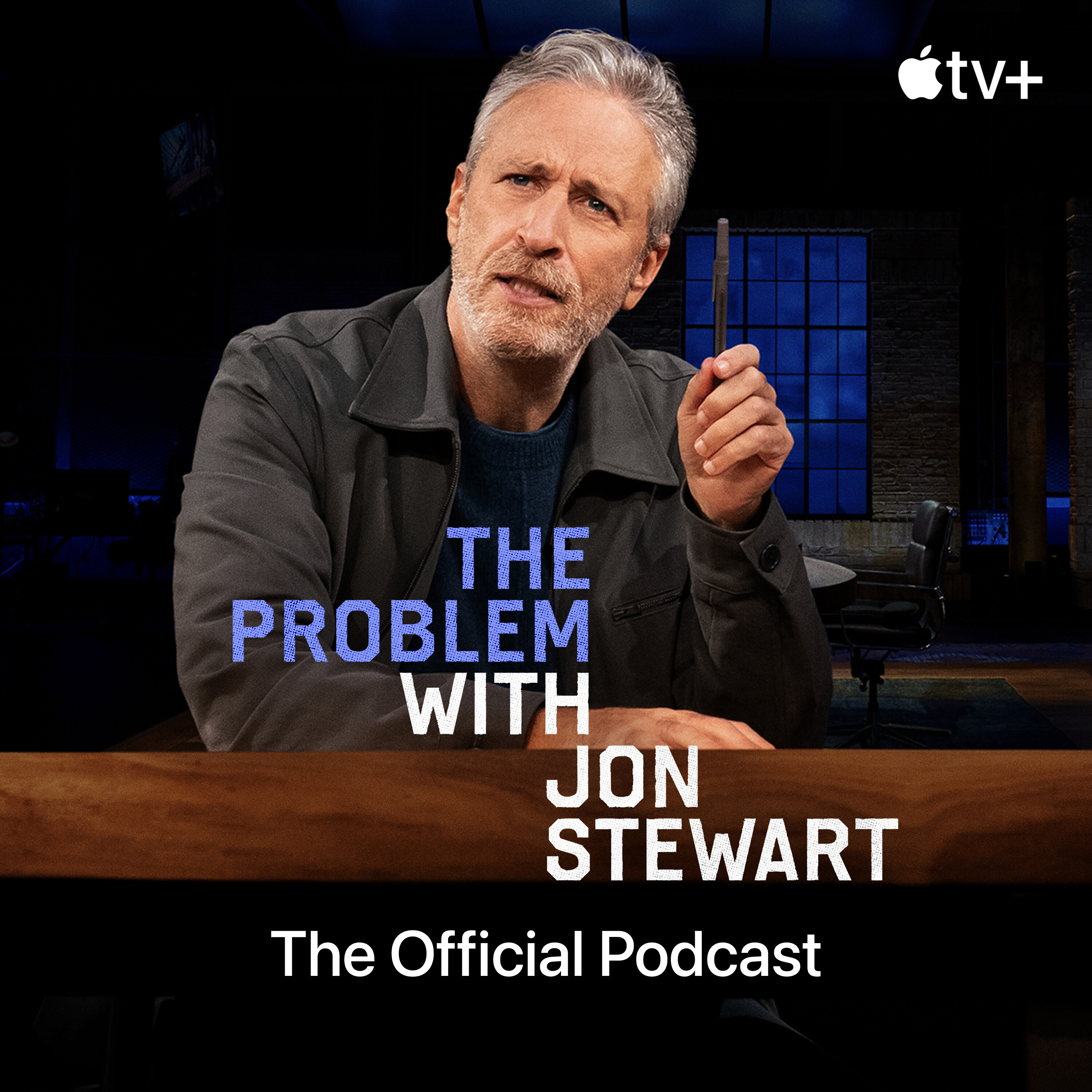Chapter

Understanding the 14th Amendment
The ratifiers of the 14th Amendment understood the term liberty in that amendment to encompass a repudiation of all the conditions of slavery that enslaved people experienced, including the absence of bodily autonomy in labor and sexual coercion, the inability to keep their children, and unrecognized marriages. Legal academics on the left supported some conservative nominees based on the notion that they were the products of meritocracy, completely independent of conservative legal movements.
Clips
Three conservative justices who were chosen by the Trump administration and nominated by the Senate Judiciary Committee hold the power to potentially overturn Roe v. Wade due to their adherence to conservative legal theories.
11:04 - 15:27 (04:22)
Summary
Three conservative justices who were chosen by the Trump administration and nominated by the Senate Judiciary Committee hold the power to potentially overturn Roe v. Wade due to their adherence to conservative legal theories. Despite this, some left-leaning legal scholars and commentators defended their nomination as products of meritocracy.
ChapterUnderstanding the 14th Amendment
EpisodeLimber Up and Pack a Lunch: The Post-Roe Fight Ahead
PodcastThe Problem With Jon Stewart
This episode discusses the origins of originalism and how it has been used over time to justify conservative decisions by the Supreme Court.
15:27 - 19:33 (04:06)
Summary
This episode discusses the origins of originalism and how it has been used over time to justify conservative decisions by the Supreme Court. It also highlights how originalism ignores the historical context and purpose of the Constitution, particularly regarding civil rights and liberties.